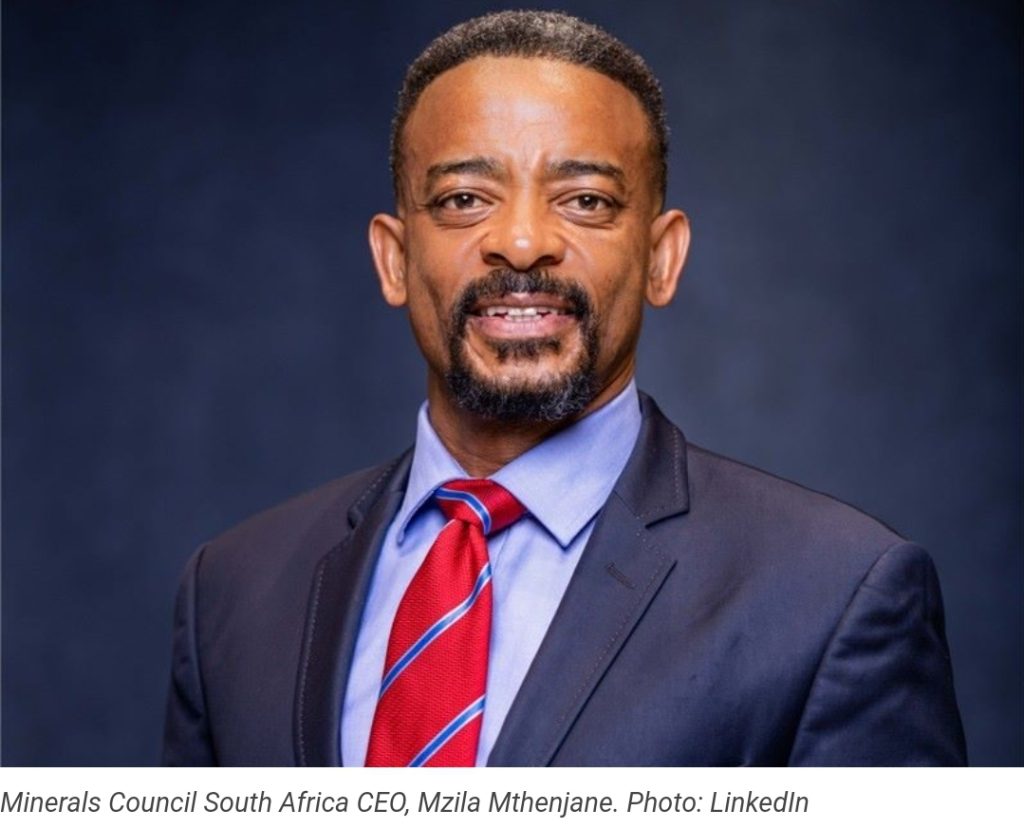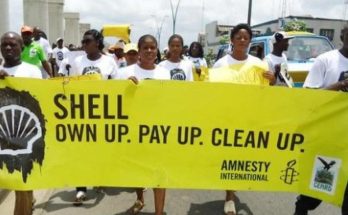
THE Minerals Council of South Africa is spearheading an initiative to shed light on the indispensable role of mining in driving the socio-economic progress of the nation.
Through their #MiningMatters campaign, the Minerals Council highlights the multifaceted impacts of the mining industry on South African society, underscoring its significance for employees, communities, and the broader economy.
Mzila Mthenjane, Minerals Council CEO, said through the national economic gain from taxes and royalties, the social impact through the provision of jobs, wages, and benefits, investing in education and training for employees and communities, and developing social projects and infrastructure, as well as providing the critical minerals to supplement our health and wellbeing, the mining industry consistently upholds its side of the social bargain and plays a meaningful and, at times, unappreciated role in our economy.
The Minerals Council’s #MiningMatters initiative highlights the positive impact of the mining industry on South African society, highlighting its potential as a good corporate citizen and in contributing to a green transition to a low-carbon future.
The Minerals Council and mining industry members are actively enhancing lives and livelihoods in host communities through their Social and Labour Plans, which include investments in schools, healthcare, infrastructure, bursaries, and procurement spending for start-up businesses.
A survey of 12 mining industry members revealed that they spent R2.3 billion on socio-economic development, primarily on education and health, across five commodities, accounting for 60% of formal employment.
The companies surveyed spent R5.1 billion on training and development in a single financial year, with an estimated value of R13,500 to R21,700 per full-time employee across various sectors.
In 2023, the mining industry experienced employment growth, adding over 7,500 jobs and increasing wages by R12 billion to R186.5 billion, thereby supporting the livelihoods of employees and their families amid a challenging economic climate.
The survey revealed that 36,480 women, representing 19% of full-time staff, were employed by the companies, with coal, iron ore, and diamond producers having the highest numbers (29%, 26%, and 24%), while gold and PGM companies had an 18% female workforce.
The survey indicates that in 2023, the industry employed 90,630 women, making up 19% of the full-time workforce, a significant increase from the previous 15%.
The survey revealed that women comprise 25% of management in the companies surveyed, and the sector increased total taxes by 7% to R135 billion, aiming to benefit all South Africans.
“Mining is a long-term investment play through market and economic cycles. It is imperative that there is a stable and predictable environment in relation to factors that can be controlled, such as legislation and critical and enabling infrastructure. Within such an operating environment in South Africa, mining is a growth industry that can perform to deliver on many expected areas of society,” said Mthenjane.
The Minerals Council is actively involved with the Presidency and organised businesses to tackle energy, transport, crime, and corruption in the mining industry, aiming to prevent decline and promote growth, create jobs, and provide dignity and hope for the South African economy.
“Our industry’s future and its ability to continue to ensure that #MiningMatters to all of us depends on the willingness and commitment of people in Mzansi the government, employees, communities, and mining companies – to collaborate to create a conducive policy, legislative, and operating environment that will shift the economic potential of the mining sector to performance and delivery for the benefit of all South Africans,” said Mthenjane. -Mining Review Africa



